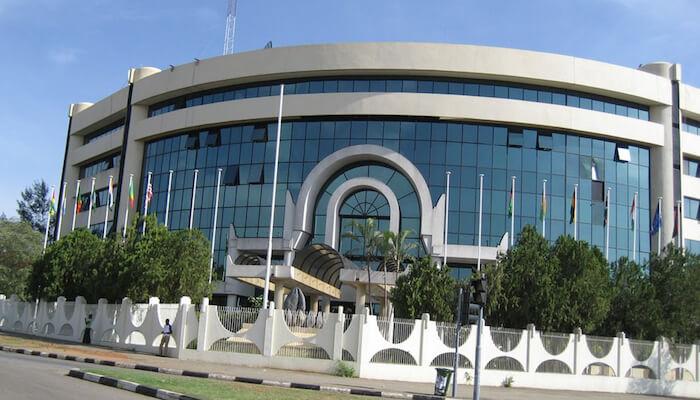The economic community of West African Countries (ECOWAS) has announced plans to implement a 25% reduction in passenger service and security fees for local flights by January 1, 2026.
The decision was part of a strategy to tackle the high airfares in the region that have long been hindering mobility, trade and economic integration within the region.
Recent studies have revealed that ECOWAS block travelers are exposed to 66 separate rates, with airlines facing 112 different taxes, making West Africa one of the most expensive regions around the world.
Also Read: Burkina Faso, Mali and Niger exits sabotage ecowas agriculture projects -report
A committee of aviation experts convened under the ECOWAS Committee recommends that all member states adopt harmonious regional aviation strategies in line with international standards.
The core of the proposed policy is the abolition of all taxes deemed to be in compliance with International Civil Aviation Organization (ICAO) guidelines, including security and tourism-related taxes.
The strategy also calls for a 25% reduction in airport passenger service and security fees. This is a change that is expected to come into effect from January 2026 after detailed discussions with airport authorities and national civil aviation organizations.
Importantly, the committee is to encourage airlines to reflect these cost reductions in ticket prices, ensuring travelers benefit directly from the policy.
Similarly, airports are encouraged to modernize operations, increase efficiency, increase revenue from non-communication sources, and offset lower revenues from fees.
To ensure successful implementation, ECOWAS plans to establish an oversight committee by June 2025.
The proposal will be formally presented to the national and government chief ECOWAS authorities for approval in the coming months.
Chris Appia, Transport Director of the Ecowas Committee
He emphasized the economic potential of the movements during the press conference.
He cited the findings showing that West African airports increase by up to 103% in passenger service charges and 53% in security charges compared to other African regions.
“Our research shows that eliminating unfair taxes and reducing fees could increase passenger demand by up to 40% across the region.
“Air travel stimulates commerce, tourism and investment. This reform can unlock more than $500 million in additional revenue within a year,” Appiah said.
He emphasized that the new pricing model will provide much needed transparency in the aviation sector.
“We cannot claim that air transport cannot be taxed and at the same time promotes tourism. That's contradictory,” he said.
Also Read: Kenya President Ruto proposes to propose China's partnership as ECOWAS's Elixir
This journey into reform began in 2014 when the Ekowas heads of state met in Abuja and acknowledged the crippling effects of exorbitant airfares.
Since then, the committee has worked closely with international aviation organizations such as the IATA, the African Aviation Association, AFRAA (AFRAA), the African Civil Aviation Commission (AFCAC), and the African Union to develop regional strategies that are consistent with global best practices.
According to Appiah, simulations from the policy framework suggest that reductions will not undermine revenue. Instead, it stimulates enough traffic growth to increase overall revenue.
Appia noted that the most successful aviation hubs in Africa, particularly in North, East and South Africa, operate under a zero tax system for air transport services.
“In contrast, the Ekowas province is behind, with only Lagos and Accra appearing among the busiest in Africa air routes,” he added.
Despite the role of ECOWAS leading the initiative, implementation ultimately depends on the political will of the individual member states.
“Each government must be responsible for reviewing and revising fiscal policies. The Ministry of Finance and Parliamentary ministries must remove outdated and excessive taxes,” Appia explained.
He said the strategy also encourages local airlines to cooperate more effectively through code sharing agreements and joint ventures.
“This allows travelers to book single-ticket trips across multiple carriers, reducing costs and increasing efficiency.
“For example, the partnership between Air Peace, Asky and AirCôte D'Ivoire could make regional routes more accessible and affordable.
“This is already a standard practice worldwide and could be transformative for West Africa,” Appiah said.
Appia also highlighted the importance of civil sector participation in aviation. He warned that government-run airlines often suffer from inefficiency and bureaucracy.
“The role of government is to create an enablement environment. The private sector should be allowed to operate airlines competitively and professionally,” he said.
Citing the success of Ethiopian Airlines, he pointed out that even state-owned airlines must operate independently to thrive. “A performance-based approach is essential, whether it's a national, regional or pan-African airline,” he said.
As all ECOWAS Member States are already signatories of the International Civil Aviation Organization (ICAO) treaties, regional blocs believe that air transport policies are ripe for aligning with global norms.



